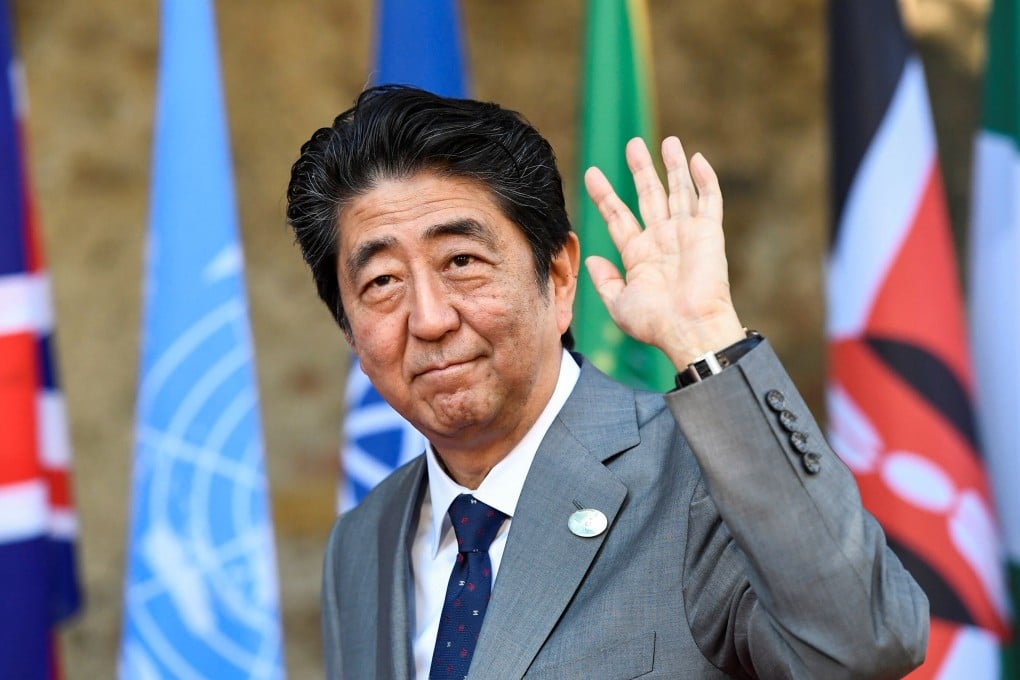Japan to draft G7 statement on China’s plans for Hong Kong national security law
- Group’s members share ‘universal values such as freedom, democracy and rule of law [and have] a mission to lead global public opinion’, Prime Minister Shinzo Abe says
- Announcement expected to further jeopardise plans for Chinese President Xi Jinping to visit Japan this year

By siding with US President Donald Trump on the issue amid rising US-China tensions, Abe is set to infuriate the Chinese leadership and cast a deep shadow on an already strained relationship between Tokyo and Beijing, observers said.
Noting that Tokyo had earlier expressed its “deep concerns” about Beijing’s move, Abe told parliament that “Japan wants to take the lead among the G7 countries in issuing a [joint] statement based on the premise of the ‘one country, two systems’ principle.”
Speaking during a session of the House of Representatives budget committee, he said that the G7, which “groups together countries sharing universal values such as freedom, democracy and rule of law, has a mission to lead global public opinion”, according to a Reuters report.
China’s foreign ministry spokesman Hua Chunying said on Wednesday that Beijing had expressed its “grave concern” to Japan over the planned statement.